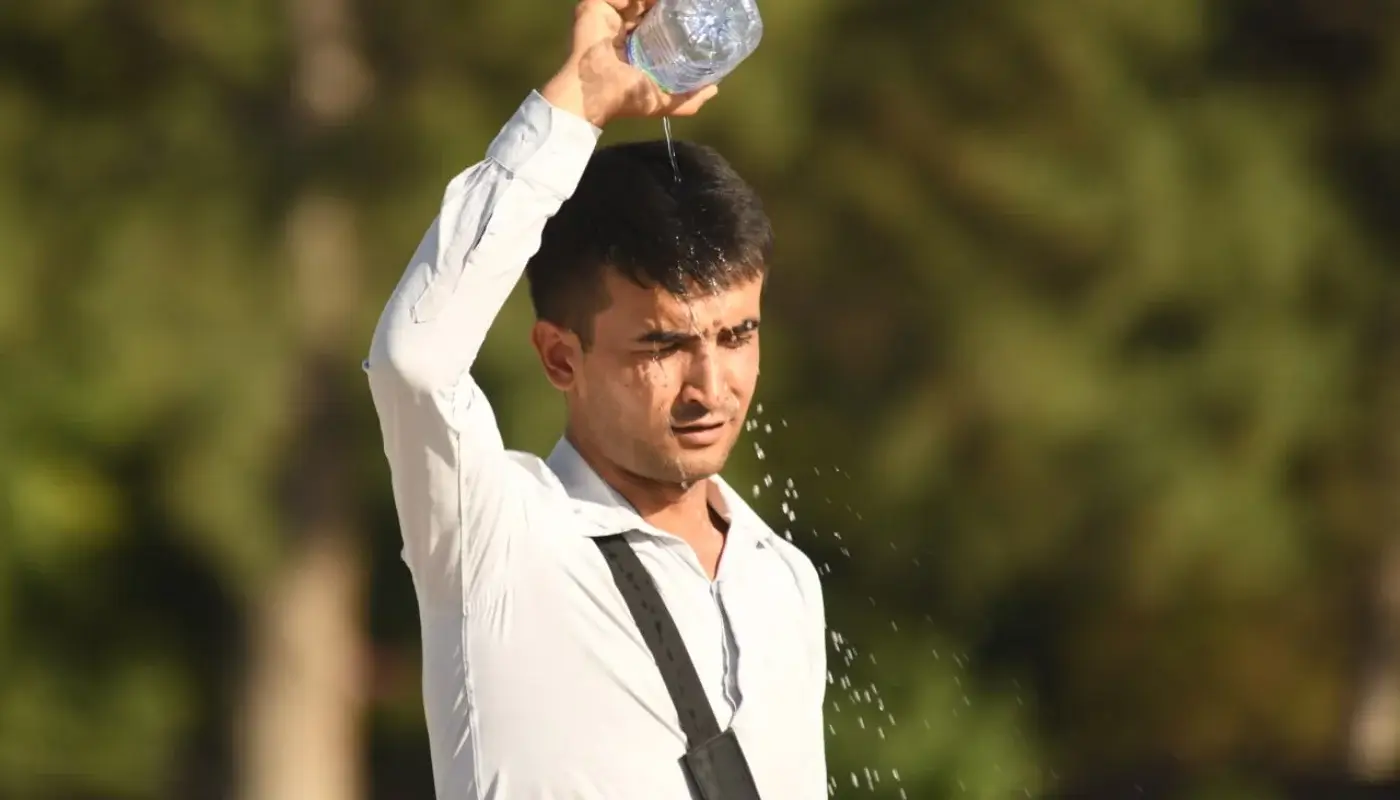How to protect your body during extreme heat?

Until May 16, most of Uzbekistan is expected to experience temperatures of 42–43 degrees Celsius. In this regard, the Ministry of Health provided recommendations on how to protect the body during extreme heat.
Extreme heat not only causes discomfort but also poses a serious health risk. Under such weather conditions, the body's thermoregulation system is heavily burdened, which can exacerbate existing chronic diseases or lead to heat-related illnesses, such as heat exhaustion or life-threatening heatstroke.
It is noted that high temperatures particularly negatively affect the cardiovascular system, increasing heart rate and potentially raising blood pressure. The body's attempt to maintain a normal temperature leads to excessive sweating, which increases the risk of dehydration.
What precautions should be taken?
Abdukayum Tukhtakulov, Head of the Department of Environmental Diplomacy at the Ministry of Health, provided detailed answers to this question.

On extremely hot days, it is recommended to stay indoors or in cool places during the hottest period, from 12:00 to 16:00. During this time, solar radiation is strongest, increasing the risk of overheating and heatstroke. If going outside is unavoidable, walking in shaded areas, using umbrellas, and scheduling activities for cooler periods—morning or evening—is advisable.
Maintaining cool conditions at home is also important. For instance, it is advised to keep windows closed on the sunny side during the daytime, ventilate rooms at night when the air is cooler, and limit the use of heat-generating household appliances (such as ovens, washing machines, and dryers) during the hottest times of the day.
Choosing appropriate clothing in hot weather is crucial. Lightweight, loose-fitting clothing made of natural fabrics (cotton, silk) that allow airflow is recommended. Avoid clothing made from synthetic materials! It is preferable to choose clothes in light colors as they better reflect sunlight.
When going outdoors, wearing wide-brimmed hats and sunglasses for sun protection is essential. Protecting the head from direct sunlight is critical, as overheating can quickly lead to heatstroke.
Taking frequent cool showers or baths throughout the day helps lower body temperature. Regular bathing ensures effective skin respiration. However, using very cold water should be avoided, as sudden temperature changes can stress the body and even lead to pneumonia. Room-temperature or slightly cool water is optimal.
Applying a wet towel or cloth to the skin, especially around the head and neck, is also an effective cooling method.
Additionally, heavy physical labor or engaging in sports during extreme heat significantly increases the risks of dehydration, heat exhaustion, and heatstroke. Under these conditions, cardiovascular stress increases, potentially leading to heart attacks or strokes in unprepared individuals.
If possible, it is recommended to exercise indoors with air conditioning. During physical activities, it is crucial to listen to your body, take regular breaks, and stay well-hydrated. If symptoms like dizziness, nausea, or severe weakness occur, immediately stop the exercise.
People with chronic conditions (hypertension, heart disease, obesity) should consult a doctor before engaging in physical activities in hot weather. Read “Zamin” on Telegram!
Ctrl
Enter
Found a mistake?
Select the phrase and press Ctrl+Enter 





















